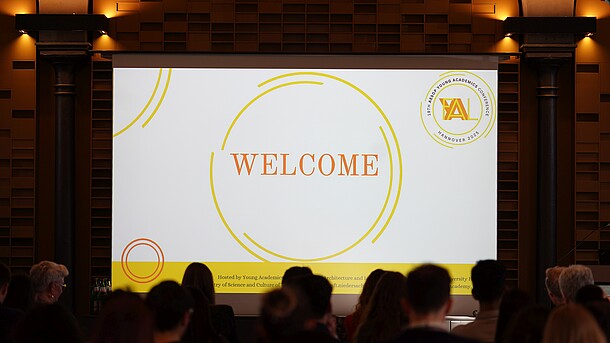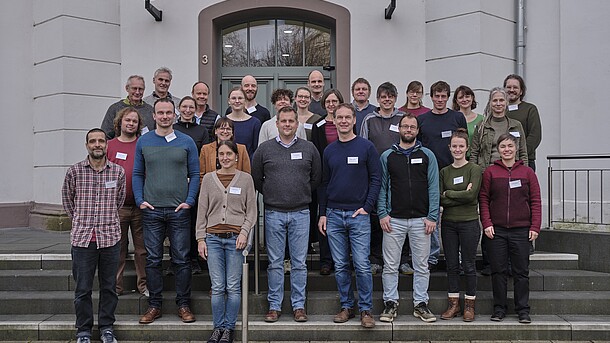


RESEARCH SUBJECTS AND QUESTIONS
Spatial development approaches include instruments and processes of both formal, legally binding planning and informal development strategies. The Spatial Planning and Regional Development Group focus in research and teaching on both dimensions of cross-cutting, particularly regional planning, and their interconnection.
Sustainable spatial development and equivalent living conditions are the normative concepts of spatial planning and regional development. We are doing research, e.g., on requirements resulting from demographic and digital change on infrastructures for provision of public services. This question is pursued in the rersearch focus Empirical Research on Spatial Developments.
In the research focus Integration of Environmental Requirements into Spatial Planning, we are partcularly interested in how the objectives, requirements and actions of environmental planning can be suitably elaborated for better integration on the respective planning level and in the planning region.
Change of Planning – New Forms of Governance form the third, cross-thematic resdearch focus. It includes changes in societal control, regulation and coordination of action, by e.g. new, primarily non-governmental actors.
Transdisciplinarity and thus close cooperation with partners from practice as well as knowledge transfer are important in all three research areas.
PROGRAMME CONTENT, METHODS AND COMPETENCIES
The Group enables the students to make conceptual questions operational. They are instructed on how to transform spatial science and planning phenomena into scientific topics using quantitative and qualitative methods. For this purpose, epistemological backgrounds, objectives and research quality criteria are elucidated. The topics of regional and urban planning and development, environmental assessments, governance, planning theory and planning methodology are studied in depth in strongly practice-oriented forms of learning such as study projects, simulation games, charettes and field trips as well as lectures and seminars.
-
Cooperations
International
- Tours (Université de Tours (UT))
- Vienna (Boku Wien)
- Stockholm (Stockholm University)
Practice partner
- Hanover region
- City Hanover
- City Rinteln





